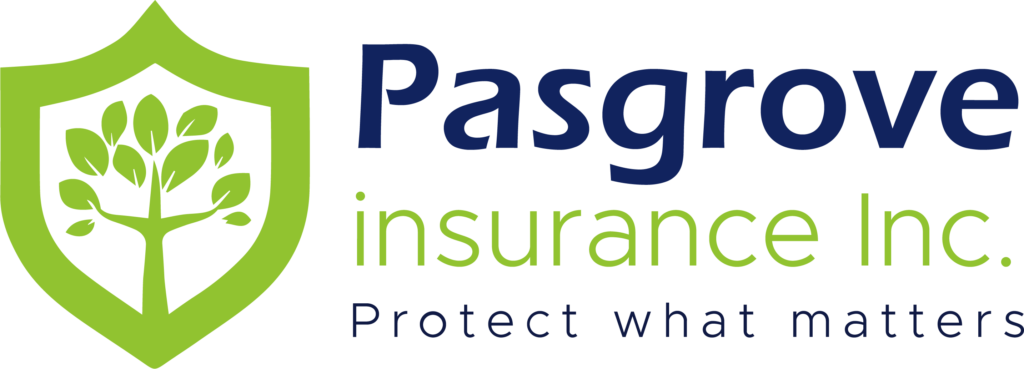Understanding the Basics
When planning for retirement, it’s essential to understand the various options available for managing your savings. One popular strategy is converting your 401k to a Roth IRA. This conversion can offer several benefits, but it’s important to weigh them carefully to determine if this move is right for you.
Tax-Free Withdrawals
One of the most significant benefits of converting a 401k to a Roth IRA is the potential for tax-free withdrawals. Unlike a traditional 401k, where withdrawals are taxed as ordinary income, Roth IRA distributions in retirement are generally tax-free, provided certain conditions are met. This can provide significant tax savings, especially if you anticipate being in a higher tax bracket during retirement.
No Required Minimum Distributions (RMDs)
Another advantage of a Roth IRA is the absence of required minimum distributions (RMDs). Traditional 401k plans mandate that you start taking RMDs at age 72, which can impact your retirement planning and tax situation. In contrast, Roth IRAs do not have RMDs during the account holder’s lifetime, allowing your investments to grow tax-free for a longer period.
Estate Planning Benefits
Converting a 401k to a Roth IRA can also provide estate planning benefits. Since Roth IRAs do not require RMDs, they can be an effective tool for passing wealth to heirs. Beneficiaries of Roth IRAs will generally receive the funds tax-free, which can make this an attractive option for those looking to leave a financial legacy.
Considerations Before Converting
While the benefits of converting a 401k to a Roth IRA are compelling, it’s important to consider the potential drawbacks. The conversion process involves paying taxes on the amount converted, which can be a significant upfront cost. It’s crucial to analyze your current tax situation and future financial goals to determine if the benefits outweigh the immediate tax expense.
Ultimately, converting a 401k to a Roth IRA can offer numerous advantages, including tax-free withdrawals, no RMDs, and estate planning benefits. However, careful consideration and planning are essential to make the most of these benefits and ensure a secure financial future.

